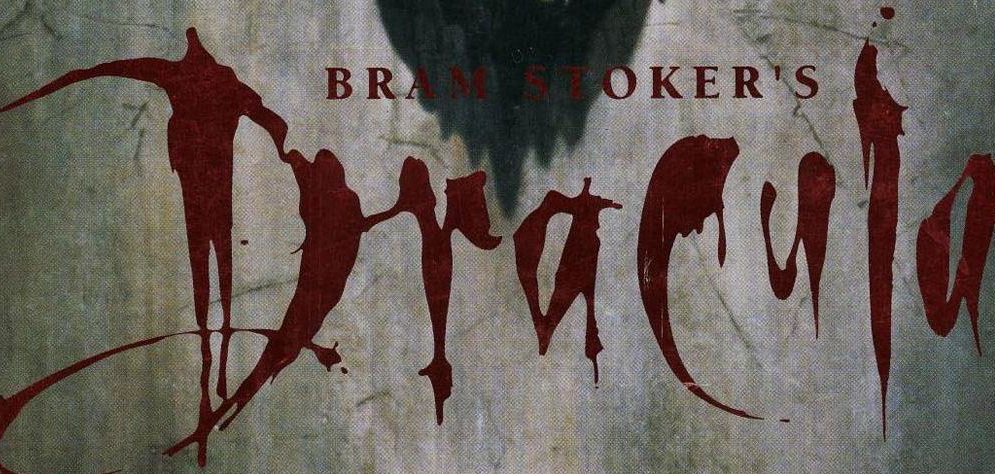Leslie Klinger's The New Annotated Dracula came my way via a podcast from iTunes called "Live From the New York Public Library." When I was searching iTunes, the title caught my eye, so I downloaded it to my iPod. As soon as I heard Mr. Klinger talk about Dracula, and the popularity of vampire fiction in genre, I knew I had to get a copy of his book.
Now what can possibly be added to Dracula? A book that was published during the height of the Victorian Period in England which ended over a century ago.
Plenty. As it turns out. Klinger takes a novel approach to his re-examination of Bram Stoker's work. He goes about analyzing the original text with a most intriguing premise: what if the events chronicled in the classic horror novel were not fiction but actually based on fact? What if Stoker was approached to set them down for the real characters and to publish it as a piece of fiction?
So not only do we have the original text of Dracula, and Klinger actually spent one day examining the original manuscript of Dracula, which is in the hands of a private collector, but we get Klinger's running commentary suggesting that many of the details of the story are wrong because Stoker or the main characters changed the details to protect the real people involved.
Besides his conspiracy theory, Klinger also presents us with footnotes that help the reader get a clearer picture of the Victorian time period as well as how Dracula has popularized vampires, this includes movie posters of the hundreds of film versions of Dracula and other notable vampires.
I have always been intrigued by Dracula, mostly because my uncle, a retired English professor in Colorado, did his PhD work on Dracula and actually travelled to Transylvania and Wallachia (home of Vlad the Impaler, who really outside of his name "Dracul" is not that key of a figure in influencing Stoker's work, though historians like to portray Vlad the Impaler as the basis for Stoker's Dracula. Klinger is quite clear that Stoker knew very little about the historical ruler). Though I devoured books by Stephen King (including the vampire novel 'Salem's Lot), Clive Barker, Richard Matheson (and his classic vampire novel, I Am Legend, which is far superior to the recent film version), Dean Koontz, and Anne Rice (her classic vampire novel, Interview with the Vampire), I never made the leap to reading Stoker's classic work.
However, that changed in 1992 when Francis Ford Coppola directed a modern version of Dracula starring Gary Oldman, Winona Rider, Anthony Hopkins, and (for some horrific reason) Keanu Reeves (who is absolutely terrible in the role of Jonathan Harker). As soon as I saw the trailer (embedded at the bottom of the blog), I had to see the film. This resulted in me purchasing the novel as a movie-tie-in product.
When I started reading it, though, I found Stoker's prose dense and tedious. To make matters worse, the book is written in the epistolary style (as a series of journal entries, log notes, and newspaper articles). I have never been a big fan of this style (thank you H.P. Lovecraft for ruining it for me), so I gave up on reading the book before Harker even arrives at Castle Dracula.
So it was a mere 20 years later that I finally picked up another copy of Dracula, Klinger's version this time, and read my way through it.
